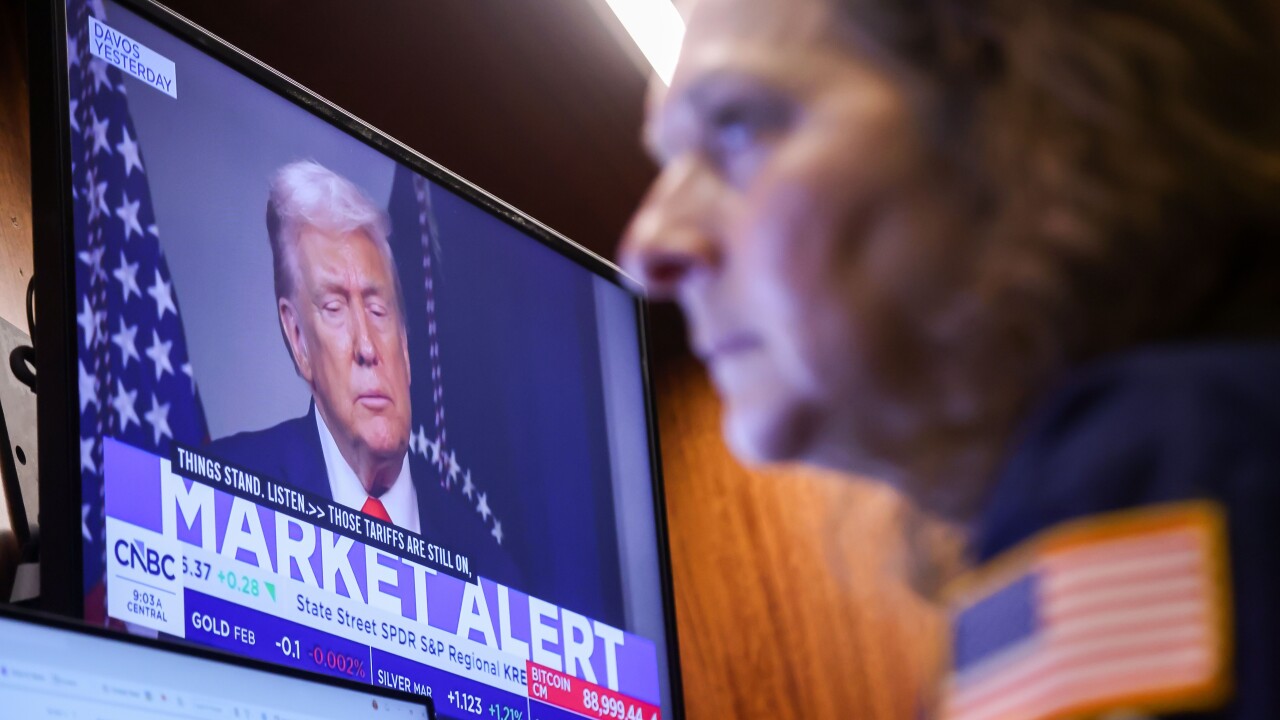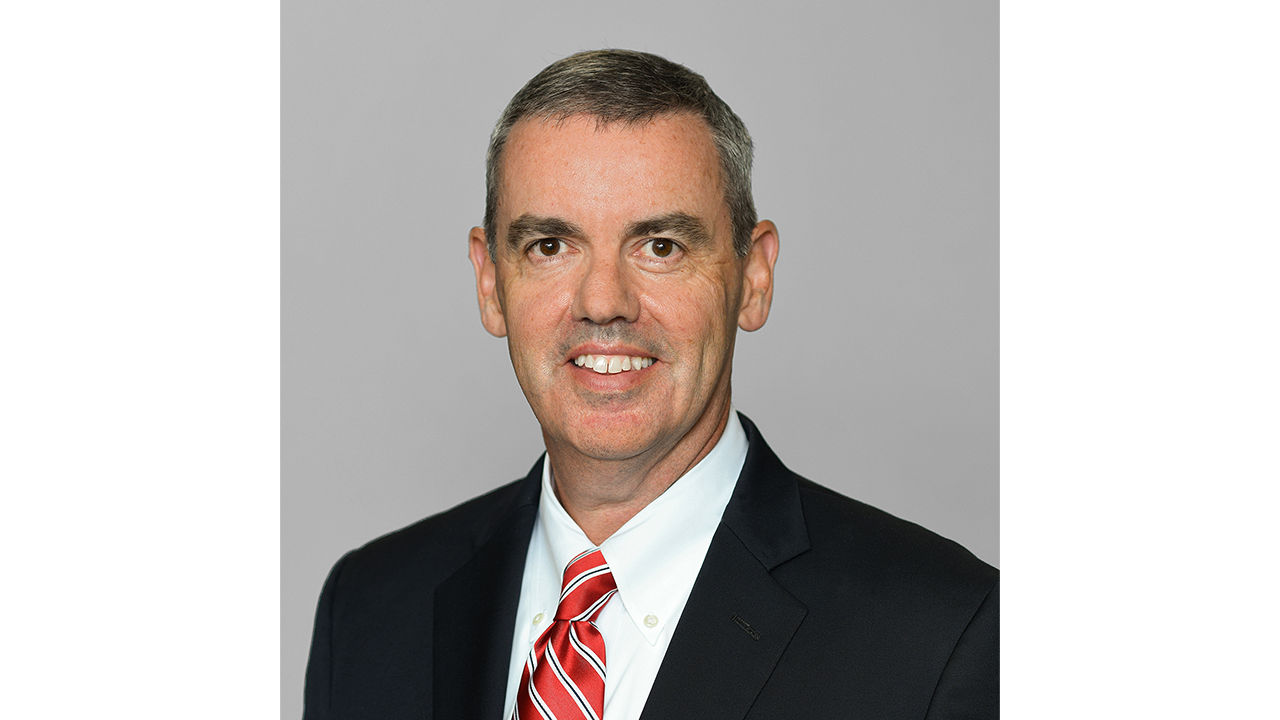- Key Insight: Tricolor Holdings specialized in subprime auto loans to undocumented immigrants in the South and Southwest.
- Supporting Data: The rise in subprime auto loan delinquency rates has been especially pronounced at auto finance companies.
- Forward Look: Fifth Third is reviewing its risk management protocols to see if it can catch future instances of fraud sooner.
Subprime auto lender Tricolor Holdings filed for bankruptcy Wednesday, hours after
The
At an industry conference on Wednesday morning,
Tricolor had made a name for itself as a community development financial institution, lending largely to undocumented immigrants who were purchasing used vehicles. Instead of requiring the use of Social Security numbers, the company
Since January, the Trump administration has sought to increase deportations of undocumented immigrants, including by putting pressure on employers. In April, the Internal Revenue Service agreed to give U.S. Immigration and Customs Enforcement the names and addresses of certain taxpayers with ITINs to pursue immigration enforcement cases.
Tricolor operated as both an auto lender and an auto dealer. It ran dealerships in New Mexico, Arizona, Nevada and Illinois, but primarily in Texas, where it had more than 25 locations.
In the first five months of President Donald Trump's second term, Texas reported more than 26,000 arrests, or nearly a quarter of all ICE arrests nationally, according to a Los Angeles Times analysis of ICE data from the Deportation Data Project.
On top of the changes in immigration enforcement, the subprime auto lending market has had its ups and downs. While subprime origination volume was largely stable from 2022 through 2024, delinquency rates climbed from mid-2021 through 2024, per data from the Federal Reserve Bank of New York. The worsening of delinquency rates has been especially pronounced within auto finance company debt, where problem loans have risen above pre-pandemic highs.
Tricolor, which landed a $90 million investment from BlackRock in 2021, relied on banks to fund its loans, including
The auto lender completed 17 asset-backed securities transactions over the course of several years, most recently announcing a $328 million issuance in June. In September 2022, Tricolor announced that it had closed a $100 million warehouse facility with
Barclays declined to comment on Wednesday. JPMorgan did not immediately respond to a request for comment.
Daniel Chu, founder and CEO of Tricolor, said in prepared statements earlier this year that amid macroeconomic volatility, his company had a differentiated strategy from other subprime auto lenders and a "conviction that our differentiated approach enables us to deliver consistent, predictable and positive outcomes."
"It requires time for ABS investors to digest our model and recognize that our strategy generates more consistent, predictable and favorable outcomes," Chu said at the time.
Chu did not respond Wednesday to a request for comment.
Spence said Wednesday at the industry conference that according to
He added that there will be "a fair amount" of litigation on this issue, but declined to provide more detail. The bank has also engaged with law enforcement authorities, per a company filing.
Going forward, Spence said the Ohio bank will evaluate its processes to assess if it could have caught the problem earlier.
"That's really the work that is to come here," Spence said. "But as it relates to the existing portfolio, we're confident that there isn't another one of these."
Aside from the loss provision,
The $210 billion-asset bank also upped its guidance for noninterest income growth — from a 1% to 4% range to a 5% to 7% range —
Late Tuesday,






